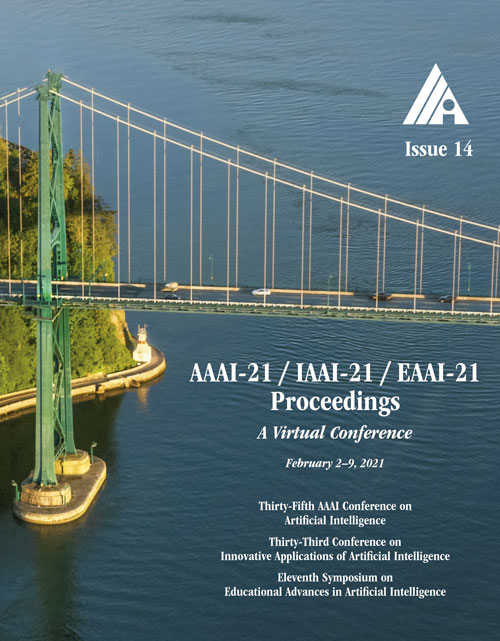Submodular Span, with Applications to Conditional Data Summarization
DOI:
https://doi.org/10.1609/aaai.v35i14.17465Keywords:
Other Foundations of Search & Optimization, Image and Video Retrieval, Summarization, ApplicationsAbstract
As an extension to the matroid span problem, we propose the submodular span problem that involves finding a large set of elements with small gain relative to a given query set. We then propose a two-stage Submodular Span Summarization (S3) framework to achieve a form of conditional or query-focused data summarization. The first stage encourages the summary to be relevant to a given query set, and the second stage encourages the final summary to be diverse, thus achieving two important necessities for a good query-focused summary. Unlike previous methods, our framework uses only a single submodular function defined over both data and query. We analyze theoretical properties in the context of both matroids and polymatroids that elucidate when our methods should work well. We find that a scalable approximation algorithm to the polymatroid submodular span problem has good theoretical and empirical properties. We provide empirical and qualitative results on three real-world tasks: conditional multi-document summarization on the DUC 2005-2007 datasets, conditional video summarization on the UT-Egocentric dataset, and conditional image corpus summarization on the ImageNet dataset. We use deep neural networks, specifically a BERT model for text, AlexNet for video frames, and Bi-directional Generative Adversarial Networks (BiGAN) for ImageNet images to help instantiate the submodular functions. The result is a minimally supervised form of conditional summarization that matches or improves over the previous state-of-the-art.Downloads
Published
2021-05-18
How to Cite
Kumari, L., & Bilmes, J. (2021). Submodular Span, with Applications to Conditional Data Summarization. Proceedings of the AAAI Conference on Artificial Intelligence, 35(14), 12344-12352. https://doi.org/10.1609/aaai.v35i14.17465
Issue
Section
AAAI Technical Track on Search and Optimization

